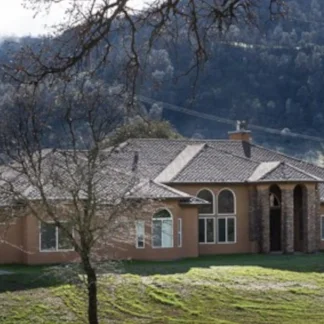First Steps Recovery
Clovis, California, 22051 Oak Hill Lane, 93619
Available Programs
- Adult program
- Program for men
- Program for women
- Young adult program
Insurance and Financial
- Self-pay options
- Private insurance
About this Facility
First Steps Recovery is a drug and alcohol addiction rehab center located in Clovis, California. Nestled in the foothills below Yosemite National Park, First Steps is able to take advantage of the natural beauty and serene setting to provide a wide variety of therapies and experiences.
As an in network provider with most insurances, First Steps offers full continuum levels of care while utilizing evidence based levels of care which enables the facility to meet each client through each stage of recovery.
Often as a first step, medical detoxification services are provided to ensure individuals safely and comfortably withdraw from substances under medical supervision.
First Steps Recovery provides a residential drug rehab program with medical professionals who develop individualized treatment plans to address addiction and co-occurring mental health issues. The length of stay ranges from 30-90 days and includes various therapeutic services such as individual and group therapy, psychoeducation, and relapse prevention. Residents also have access to holistic amenities such as outdoor activities, equine therapy, and yoga.
Intensive outpatient programming (IOP) at First Steps Recovery allows clients to receive treatment while living at home. For an average of 60 days, participants attend therapy sessions and counseling while maintaining their daily commitments and responsibilities.
The partial hospitalization program (PHP) is ideal for individuals who need a step down from residential care. Participants engage in therapy and counseling during the day and return to a supportive environment in the evenings.
Contact us for more information: (844) 244-7837

Contact First Steps Recovery
Connect with First Steps Recovery by calling their admissions team directly.
(844) 244-7837 Website Get Directions